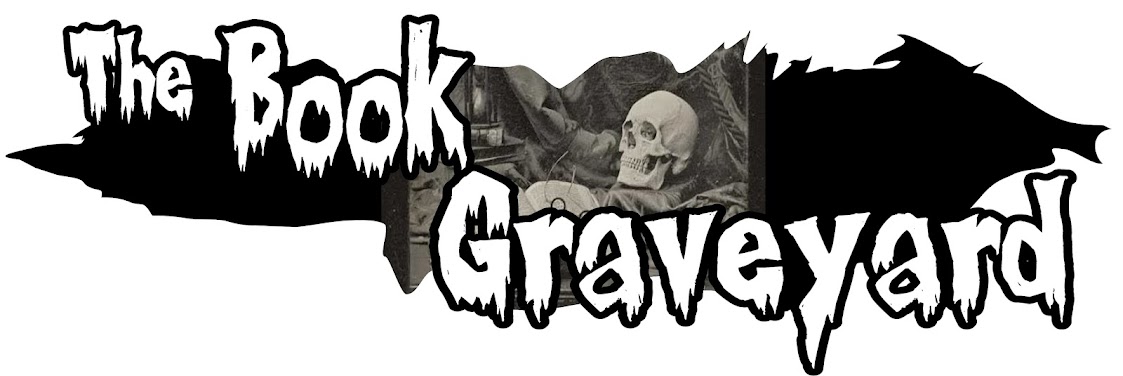Remember when you were a kid and thought it would be a good idea to mix all of the pops at the soda fountain?
The Last Rangers by Jake Davis is a sci-fi/ western/ men's adventure/ post apocalyptical/ with a dash of juvenile delinquent and a superhero pulp star from 1992. And just like that muddy mix of carbonated syrup it's a bit of a letdown.
The book starts off with a couple quotes. One being: “Texas: the last best hope of the USA.” Credited to J.D.
So just as a little teaser of the flavor of this book the author has quoted himself. Or at least that’s what it looks like to me.
It’s the far-off future of 2035. The world is in disarray and global warming has made living difficult. Right off I found it refreshing and a little backward in the world of vintage fiction. Usually, you find ideals and attitudes that are an antiquated bummer to say the least. Here we have a book targeted to, I’m assuming, fans of the right wing of politics and global warming is right there in the plot as a real thing. Don’t you miss a time when everything possible wasn’t politicized?
Anyway!
Two local lawmen are in their underground cop bunker surveilling their jurisdiction. A floating barge with a cage full of prisoners’ floats in. One of the cops puts on his outside global warming suit to go check it out, shit hits the fan, we get chapters of back story of how each prisoner ended up in the cage.
By the fourth back story I was like, are you kidding me? Is that all this book is going to be? Chapter after chapter of how these guys were captured. Each one was a Mad Maxish meets the west scenario (or at least that part in Young Guns 2 where they round up the remaining Regulators) which in hindsight seems like a cool idea but so much attention was given to each bad guy that you wonder if you’re supposed to remember each one. Like, are these guys coming back and I’m going to have to remember the twenty characters and their personalities and backgrounds?
Spoiler alert.
No, none of it matters. But it goes on and on. I get that it was supposed to set up how bad-ass the Ranger is but holy shit there must have been a better way to do that. Maybe just one example? Way too repetitive. Not to mention there is all this sci-fi futuristic weaponry and technology that is explained in working detail that really grinded the stories down.
Around this time, I almost quit. Then the narrative switched completely to a working gal taking her John out to the edge of town to get down to business. Also going on in the same town, a juvenile delinquent gang has scored a huge amount of a drug that makes you a psychotic killing machine. The two meet, slaughter and chase ensue. An autonomous free thinking cop tank arrives, saves the lady and fights the army of wacked out kids. This part was actually good. Now that I’m thinking back on it, this should have been the beginning of the book. It introduces the Ranger, his plans, it has a short backstory that explains the plot, it was fast paced, fun, ultra-violent, organized chaos.
It does peter out from there though. This would have been a great short story and maybe that’s what it started as. The middle has a definite beginning, middle and end. Then it feels like the author tacked on an unnecessary beginning and ending to pad it out to novel length.
The violence, gore and overuse of made-up technology really reminded me of Mutants Amok by Mark Grant. That series came out the previous year and was probably an influence on the Last Rangers. But that’s just a guess. The world created in The Last Rangers is one of complete Sodom and Gomorrah. It’s rape and murder where almost everything is legal and exploited. There is a sentence in this book describing the town that I think sums up the entire book pretty well…
“Glitter Gulch was the heart of the Vice District, a gaudy neon-lit strip jammed with casinos, bars, drug dens, brothels, black medicine clinics, laser print tattoo parlors, sexareanas, bootleg software vendors, pornatoriums, pawn shops, torture palaces, pedo parks, illegal arms dealers, stolen goods bazzaars, flophouses, hot sheet hotels, and other less mainstream attractions.”
Berkely Books 1992


No comments:
Post a Comment